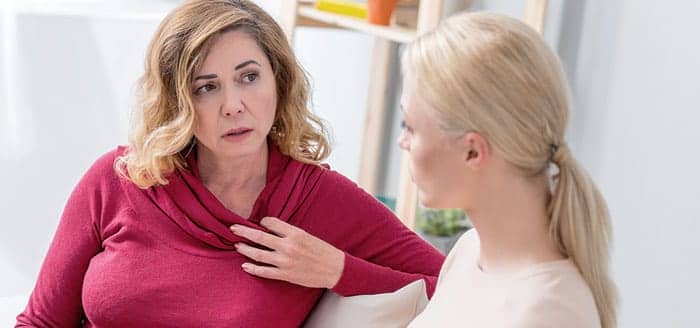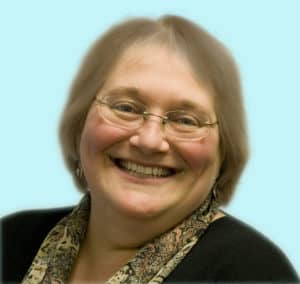Telling Family and Friends You Have Cancer

Telling your family members and close friends that you have been diagnosed with cancer can be a difficult experience on many levels. Merely trying to put this life-changing news into words can be hard, simply because you may not know how you feel yourself about it. Furthermore, it can be hard to predict how people will react – or even how you might want them to react. Will they look at you with pity and make you feel small or weak? Will they become aggressive and angry and want to fight? Will their reactions line up with your own ideas about treatment and how you want to handle the news yourself?
Knowing how difficult breaking the news of your cancer to family and friends can be, the Mesothelioma + Asbestos Awareness Center spoke with 9-year breast cancer survivor Susan Reif and oncological psychologist Dr. Marni Amsellem, Ph.D., to see what advice they might have for those going through a similar situation.
How did you approach telling your family and friends you had cancer?
Susan

Susan Reif, breast cancer survivor
I didn’t do a really good job of it. My mom was with me, and she called my dad and I called my sister. In hindsight, we really should have told them in person. Especially my sister. She was alone, shopping, and I called and just blurted it out. She nearly passed out at the mall. I don’t regret a lot of things, but I do regret that I didn’t wait to tell her in person. Once the family knew, then it was easier to talk about.
Dr. Amsellem
Individuals will handle this differently, for any number of reasons. Some people will freely tell anyone and share this news over social media, whereas others will share this with a very limited pool of individuals.
Often this depends on the diagnosis or prognosis. Sometimes age or cultural values affects what and how people will approach this conversation. Concern about how others will respond (i.e., not wanting to upset certain individuals) will factor into communication as well.
What dos and don’ts would you give to someone who was newly diagnosed?
Susan
Share as much or as little as you feel comfortable sharing. Many people prefer to keep it very quiet and that of course is their choice. They fear for their jobs, fear to appear weak, etc.
For me, I was very grateful for the support network I had, and needed their love to help me through the journey, so I told friends and co-workers.
Dr. Amsellem

Dr. Marni Amsellem, Ph.D.
Consider what your own needs are. Will you want or need to rely on the support of others (family, friends, community)? Will you become overwhelmed if more than just your immediate core support network knows at this time?
Not everyone needs to know at once. The bottom line is that this is about you and your needs. You are the one who is adjusting to the diagnosis and will be going through treatment. The reactions of your family, friends, and larger social network are certainly considerations for most people, but they should be considered after you consider what would be most useful to you at this time.
How was the experience different for close family and friends versus more distant relatives and casual friends?
Susan
The thing that surprised me the most was the heartfelt response I received from my extended circle. My close circle was there with love, strength, assistance, hope, as I would hope they would be. They far exceeded anything I could ever have imagined. But I really learned a lot about the web of friendship I had that extended far beyond what I thought I had.
Dr. Amsellem
I’ve heard from many individuals that the reactions they receive from others affect them in large ways, and for some that can be one of the most challenging aspects about going through cancer treatment. This can play into other relationship dynamics with these specific individuals. Often the reactions they pick up on from others feed into their own fears about what having cancer means for them.
Tell Us Your Experience
How did you handle telling your family and friends you had cancer? Let us know on our Facebook page or send us a tweet on Twitter.